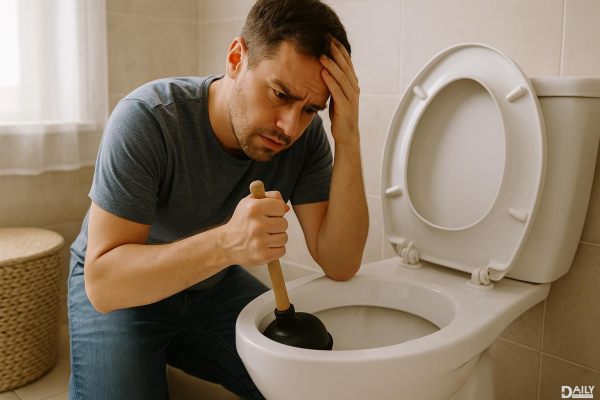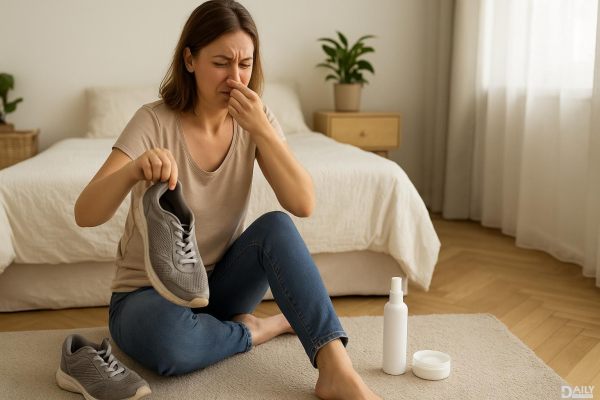Sleep is a pretty sweet deal: I mean, who doesn't want to slip under the covers after a long day and get some shut-eye that will greatly benefit your body and brain function? It's shown that sleep helps balance our hormones, aids with memory, and even plays a part in muscle recovery. Sleep is, well, important — but there are a large number of myths that people are stuck on, and we're here to debunk a few.
Rebecca Robbins, PhD, sleep researcher at NYU Langone Health, recently participated in a paper along with other experts to identify false beliefs about sleep. It was published this past February in the Journal of the National Sleep Foundation and includes 20 misconceptions about slumber the public is exposed to, along with ratings on how "false" these myths are and reasons why, according to evidence, they're exactly that: myths. "We wrote this paper because a lot of these myths continue despite evidence to the contrary in many cases," Dr. Robbins told POPSUGAR. Check out three of the top myths Dr. Robbins discussed with us — you'll be surprised at what you find out!
Myth: You Can "Catch Up" on Sleep Over the Weekend
Ah, the classic "I'll just sleep in on Saturday" mentality. Many of us think that burning the midnight oil all week and then crashing for 10 hours on the weekend balances things out. Spoiler alert: it doesn’t. Dr. Robbins explains that sleep debt doesn’t work like a bank account where you can just deposit extra hours later. Missing sleep during the week messes with your circadian rhythm, metabolism, and even your mood—and a weekend sleep marathon won’t fully reset those effects. Research shows that chronic sleep deprivation leads to long-term issues like weight gain, weakened immunity, and even a higher risk of heart disease. So, while an extra hour or two on the weekend might help you feel less groggy, it’s not a magic fix for consistent sleep deprivation.
Myth: Snoring is Harmless (Just Annoying)
If your partner’s snoring sounds like a chainsaw convention, you might brush it off as just an irritating quirk. But here’s the thing: frequent, loud snoring can actually be a red flag for obstructive sleep apnea (OSA), a condition where breathing repeatedly stops and starts during sleep. Dr. Robbins points out that untreated OSA doesn’t just ruin your partner’s peace—it increases the risk of high blood pressure, stroke, and even diabetes. Even if it’s not sleep apnea, chronic snoring can still disrupt sleep quality, leaving you exhausted despite clocking eight hours. So if snoring is a regular thing, it’s worth getting checked out instead of just investing in earplugs.
Myth: Alcohol Helps You Sleep Better
That nightcap might make you feel drowsy, but it’s actually sabotaging your sleep quality. Alcohol disrupts your REM cycle—the deep, restorative stage of sleep—leaving you more likely to wake up groggy, even if you conked out quickly. Dr. Robbins explains that while alcohol can initially act as a sedative, it later causes fragmented sleep and more frequent awakenings. Plus, it worsens snoring and sleep apnea symptoms. So if you’re reaching for wine to unwind, consider swapping it for herbal tea or a relaxation routine instead. Your body will thank you in the morning.
Sleep myths are stubborn, but understanding the facts can help you make smarter choices for better rest. Instead of relying on quick fixes or old wives’ tales, focus on consistent sleep habits—like sticking to a schedule, keeping your bedroom cool and dark, and avoiding screens before bed. Your brain and body will function better, and hey, you might even stop annoying your partner with that midnight snoring. Sweet dreams!
























